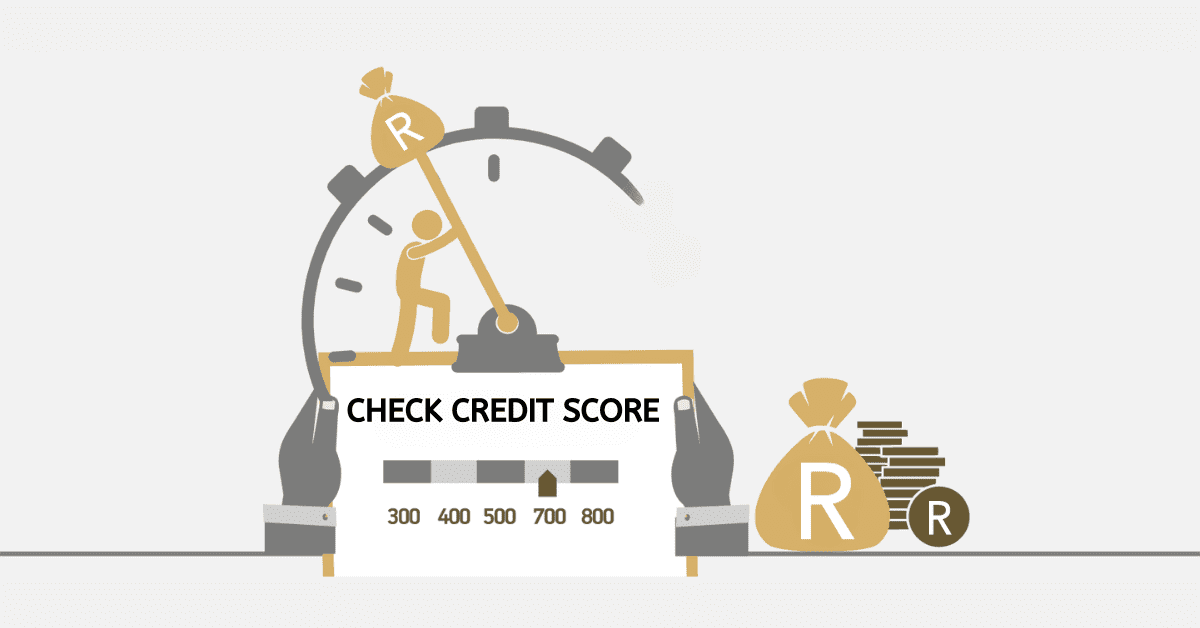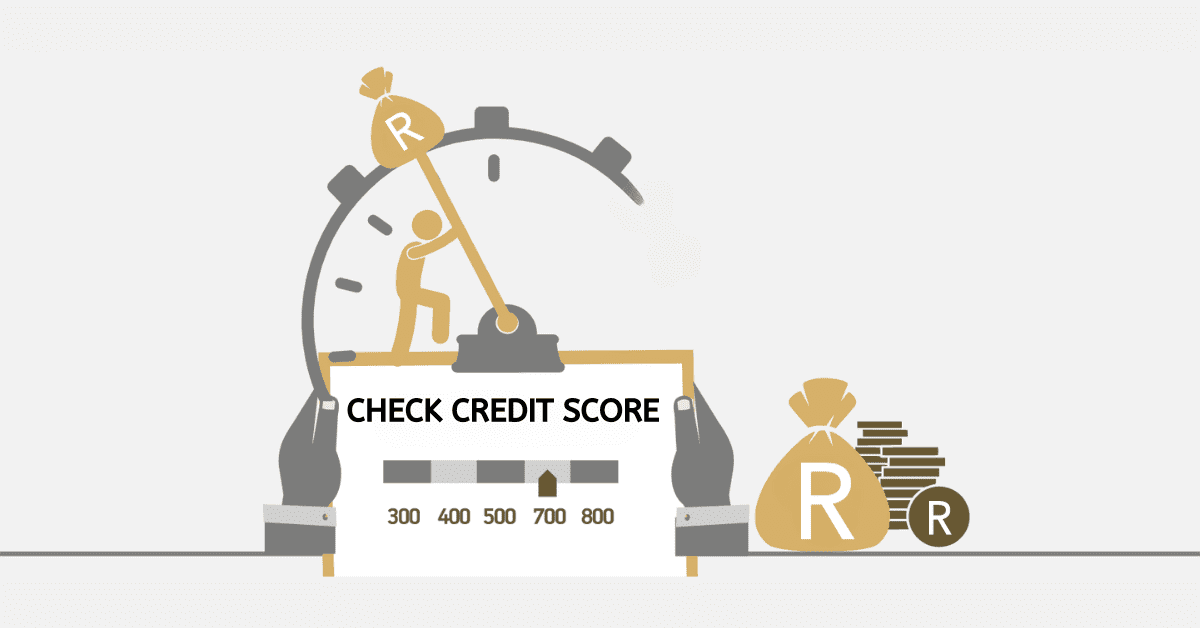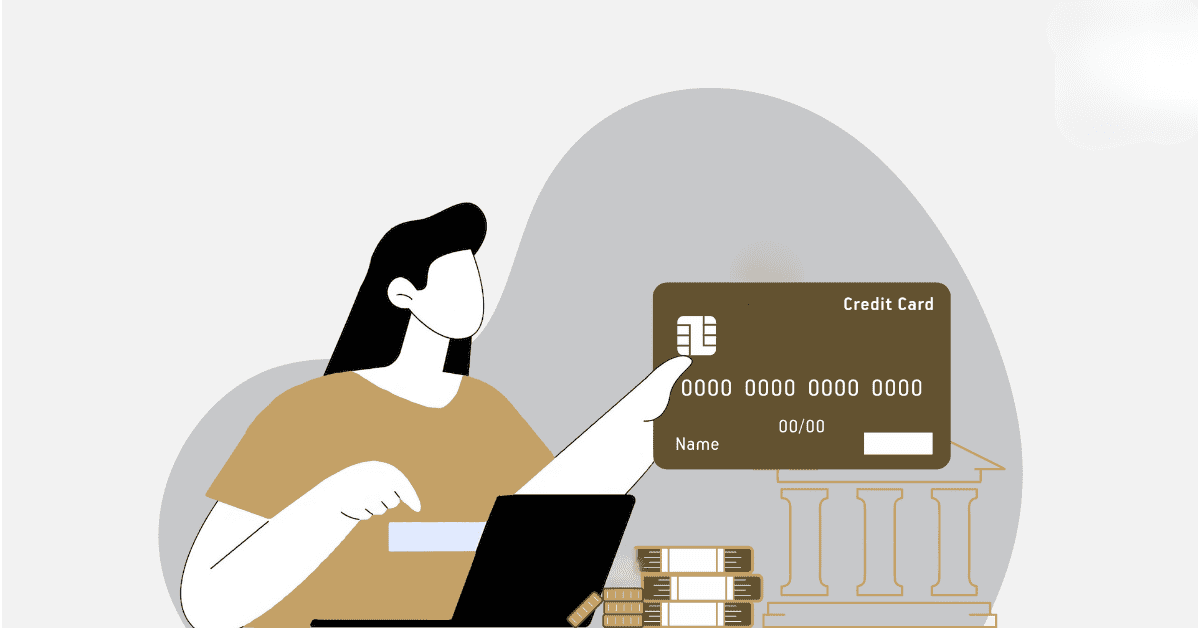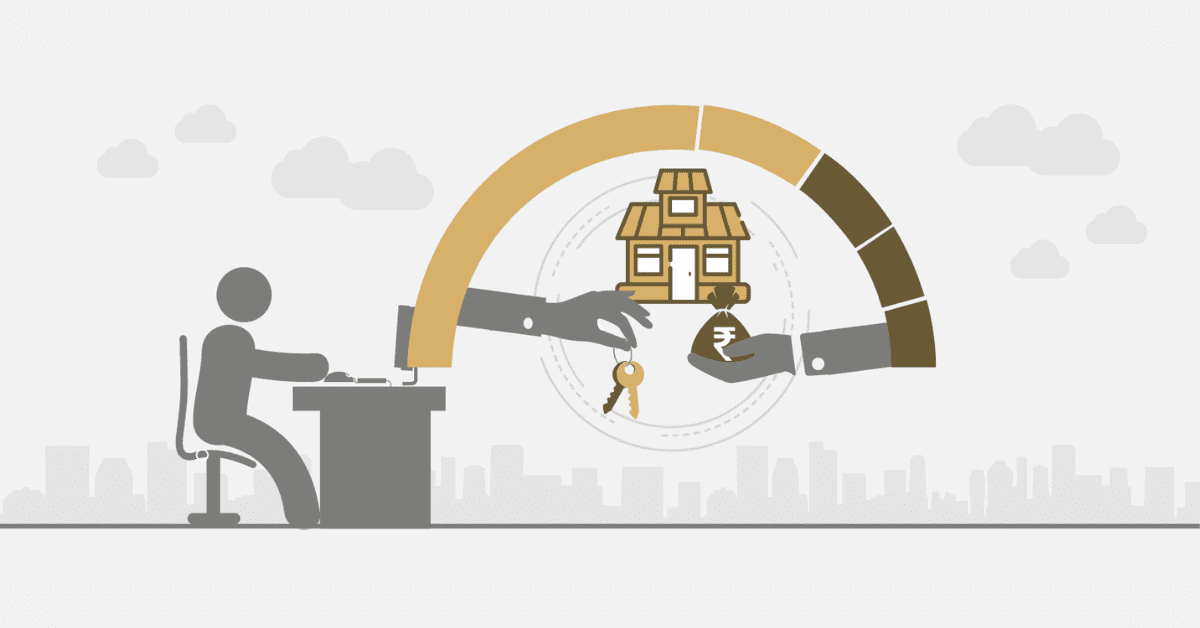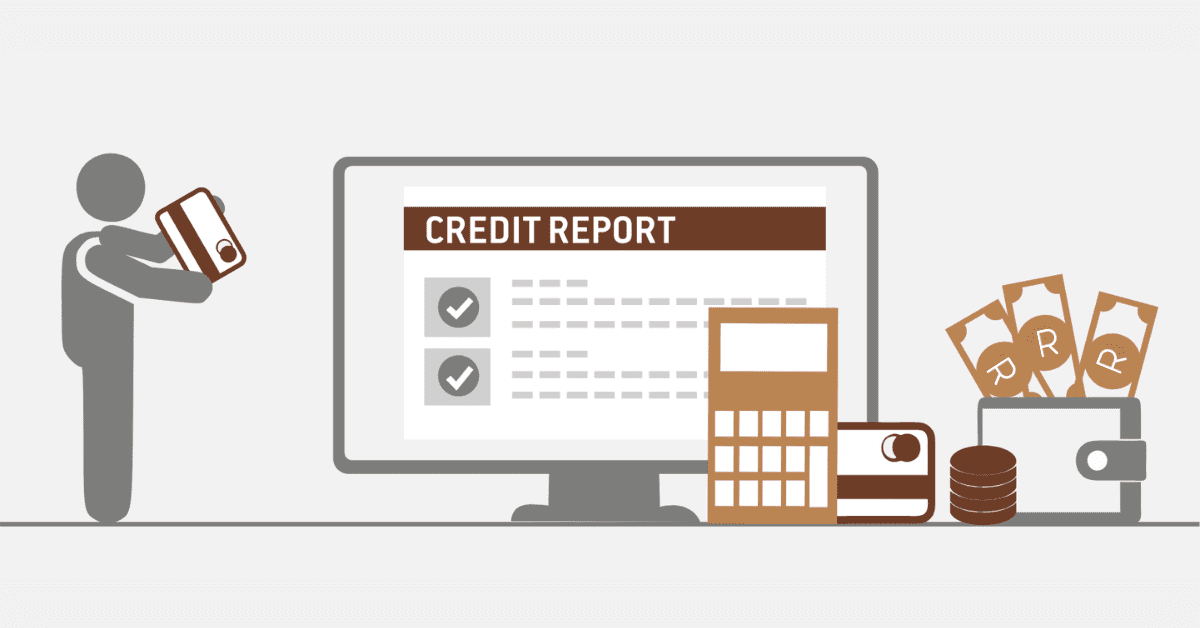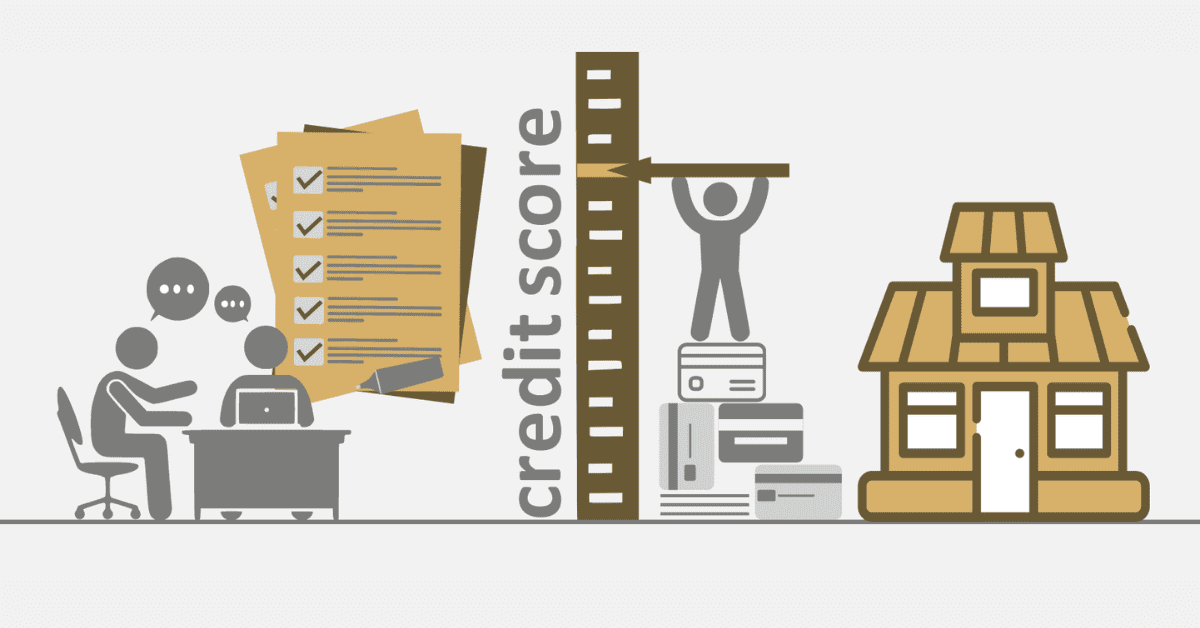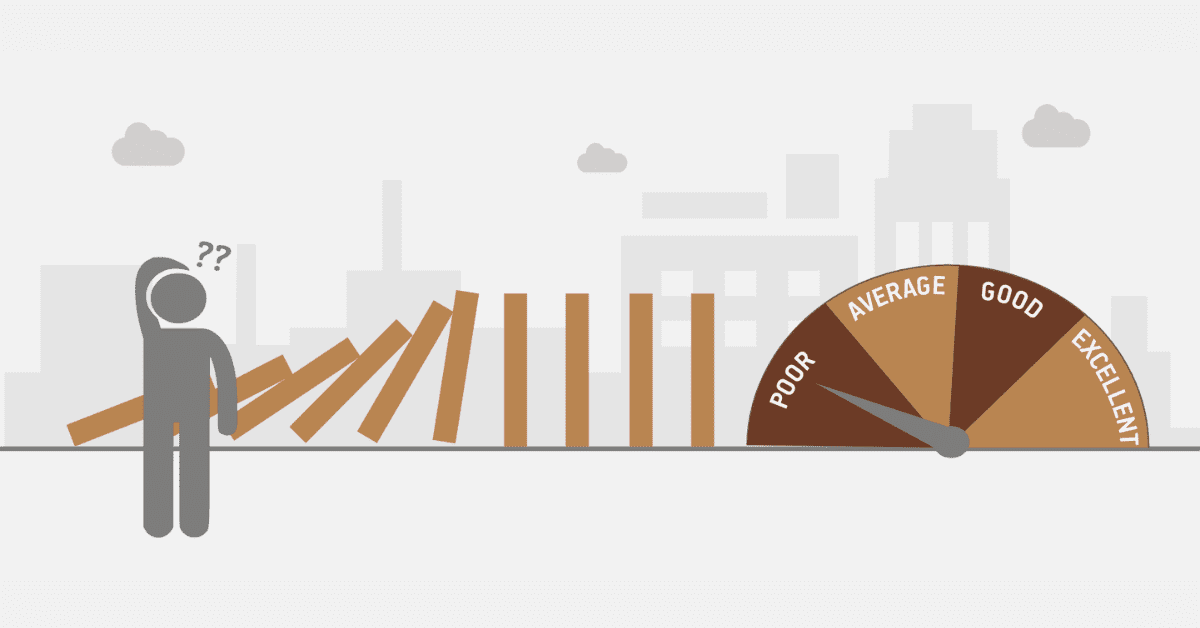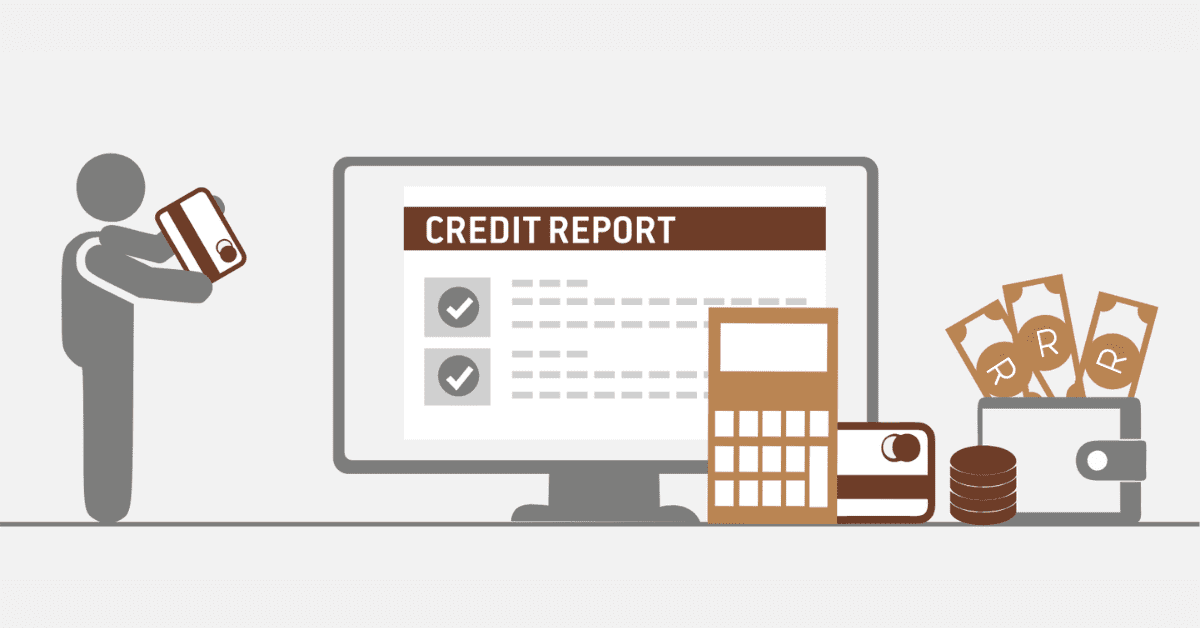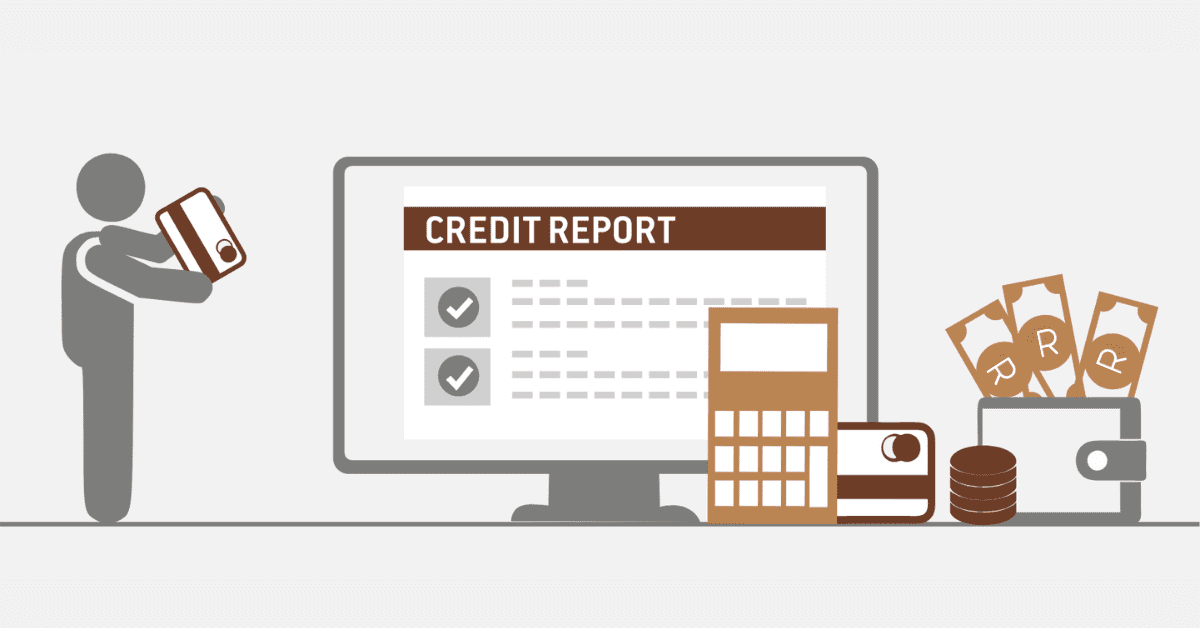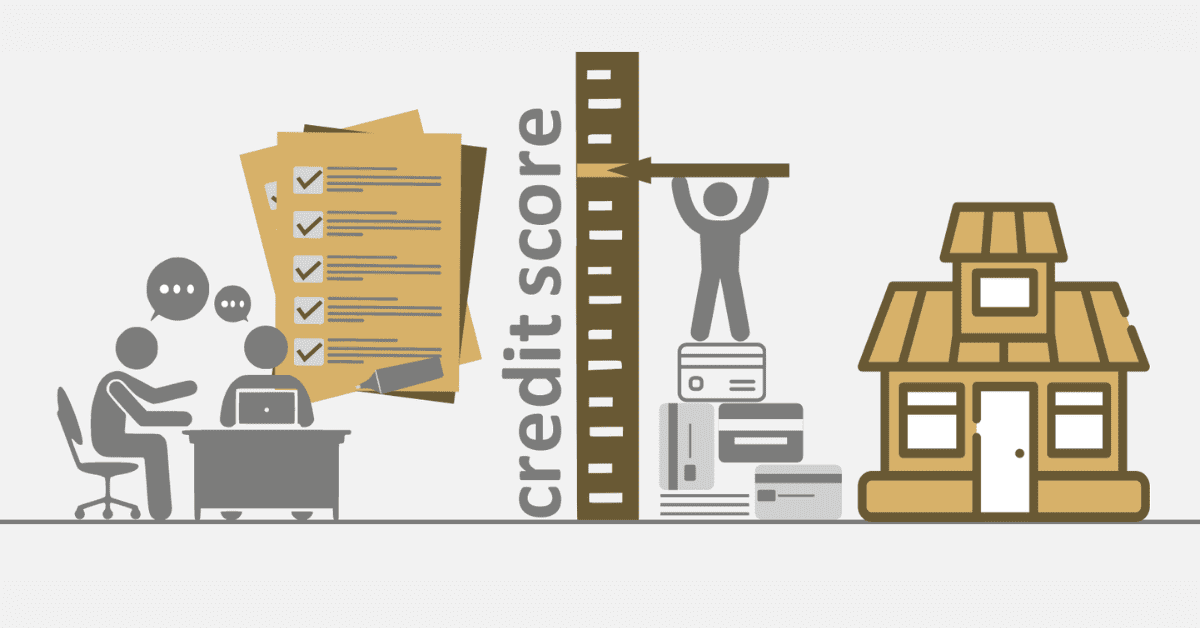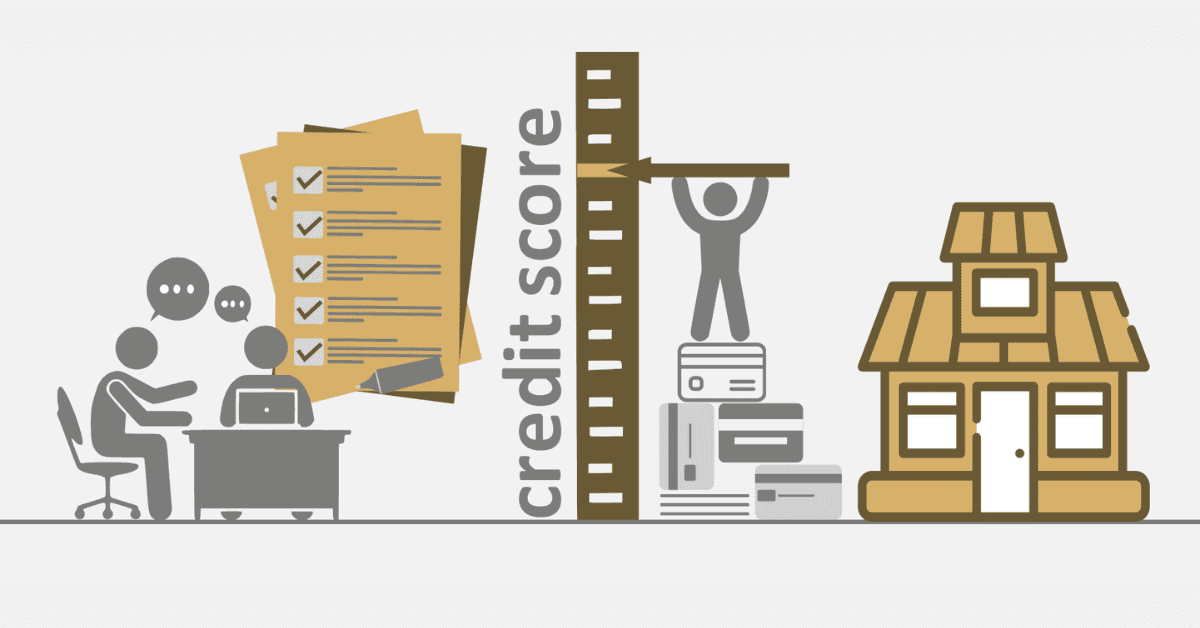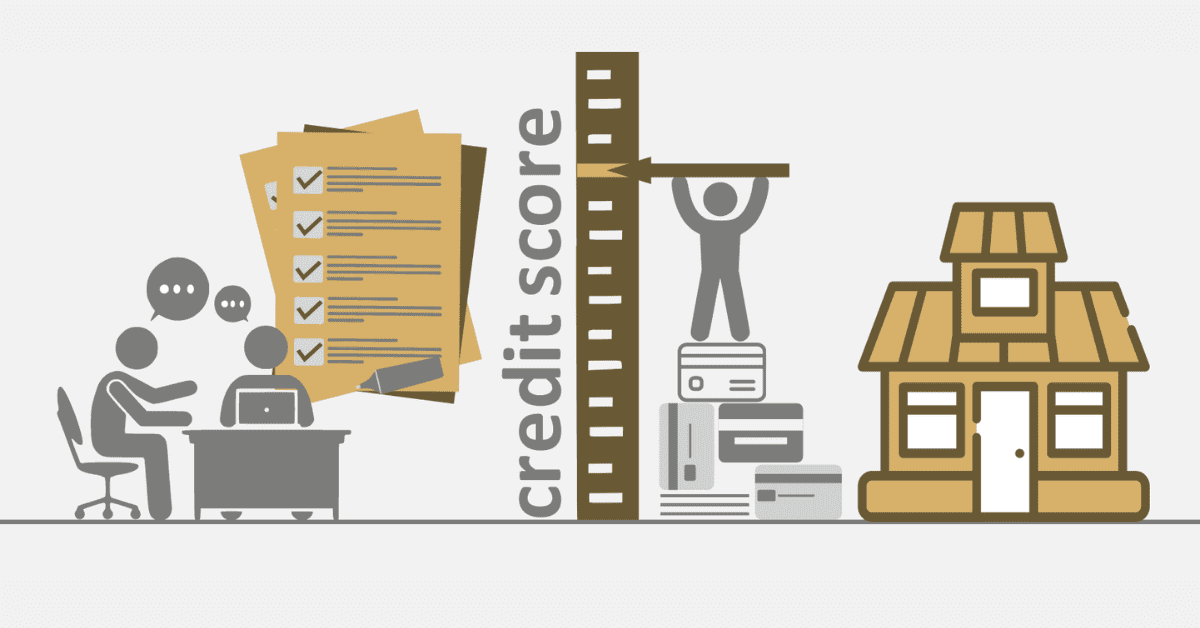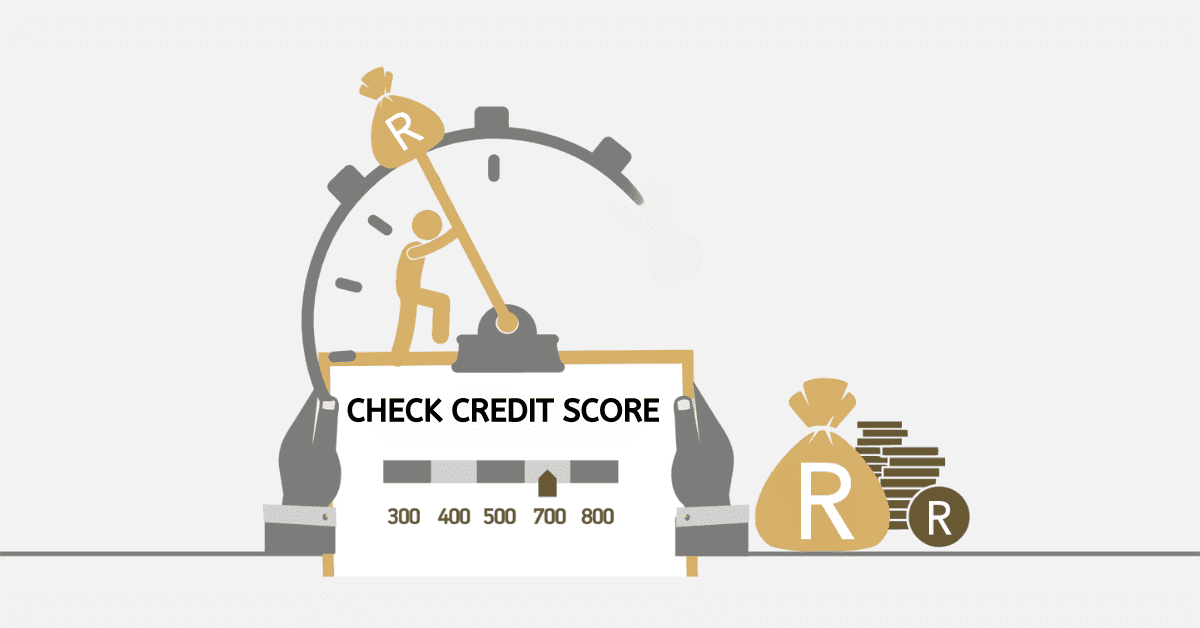Does it seem like you can’t do anything without someone mentioning your credit score? If you’re looking to achieve true financial well-being, then you need to have a vigilant eye on this important monitor of your financial health. However, if you find yourself questioning why your credit score isn’t making the upward climb you anticipated, you’re not alone. Today, we will be unpacking some of the reasons that may hinder your credit score’s growth and what you can do about it.
Why is my Credit Score Not Increasing?
Let’s start with the most important thing- why is your credit score not increasing? One common culprit is a history of late payments. You may think it doesn’t matter- you paid, didn’t you? But credit lenders don’t see it that way. Your payment history has a significant weight on your credit score, and missing those due dates will have a lasting negative impact.
Additionally, high credit card balances relative to your credit limit can be a red flag for lenders. It is seen as a signal that you may be under financial strain. Ideally, they want to see credit utilization (the amount you’ve spent of what you can access) under 50%.
Another factor worth considering is your credit mix. If your credit portfolio lacks diversity, such as a mix of credit cards, loans, and other credit accounts, it may impact negatively your score. Lenders like to see a balanced mix as it demonstrates your ability to manage different types of credit responsibly.
Unresolved issues from the past, like outstanding judgments or accounts in collections, will also cast a shadow on your credit report. Regularly check your credit report for mistakes or old items, and address any discrepancies promptly, to give it that final boost.
How Long Does It Take for Your Credit Score to Update?
Generally, credit bureaus in South Africa update their records monthly with new information from creditors. That’s why your monthly payment history matters so much. However, the exact timing can vary, and it’s not instantaneous. Some lenders are slow to send updates, and not all do that monthly reporting as they should.
If you’ve recently taken steps to boost your credit, whether by paying off a substantial debt or settling an outstanding account, patience is key! It might take a few weeks for these positive changes to reflect in your credit score. Checking your credit report regularly will help you gauge how frequently problem accounts on your report are updating. It’s also a great way to make sure your efforts toward credit rehabilitation are paying off.
How Many Points Does Your Credit Score Go Up Each Month?
Hold up there! It isn’t quite that easy. There is no fixed amount of points your credit score will go up every month. If you were hoping to game the system to boost your score, you are going to have to make a different choice. People h ave seen jumps of 100 points or more in a single month, but that isn’t typical. The rate at which your credit score goes up will be influenced by a variety of factors, and it is nearly impossible to predict an exact figure. Remember, your credit report is a snapshot of how you
However, keeping up as many positive financial behaviors as you can, like making timely payments and reducing outstanding balances, will ensure you see incremental increases over time. On the flip side, the impact of negative factors, like missed payments or defaults, will be much more pronounced and will lead to a more rapid decline. While that may not seem fair, that’s how the system works. Also remember that your credit score can drop from responsible behavior, too, like closing a line of credit. It isn’t an overall gauge of your financial health! It is simply a summary of how much credit you have, and how responsibly you handle it.
If you ensure you understand how the interconnected nature of your various credit behaviors works, you can take a strategic approach to credit management. While there’s no fixed number of points your score will increase each month, consistent responsible financial habits will yield positive results over time.
What Credit Score is Needed to Buy a House in South Africa?
Dreaming of homeownership in South Africa? There’s more to it than just finding the perfect property. Lenders will scrutinize your credit score to assess the risk they will take when offering you a mortgage. While specific requirements vary between lenders, the minimum credit score to buy a house in South Africa is around 640. Noting below 600 is likely to get approved, even if you make enough money to cover the loan. If you want to make sure you will get approved, it is recommended you have a credit score over 670.
Remember, a higher credit score not only increases your chances of loan approval but can also get you more favorable interest rates! Focus on improving your credit score by addressing outstanding debts, maintaining timely payments, and keeping a diversified credit mix. Don’t forget that your credit score won’t be the only thing mortgage lenders assess. You will need to make a healthy salary they believe can easily sustain the payments. You will also need to ‘look good’ on your credit report, i.e. not have so much open credit you look like someone who cannot sustain another loan.
Having a stagnant credit score can be frustrating, but there is plenty you can do to start pushing up those numbers. And remember, you don’t have to have the best possible credit score. Instead, you should focus on keeping a generally high credit score in a realistic range for your use of credit. Don’t sweat small changes too much- focus on big trends and solid financial habits, and the rest will come with time.
